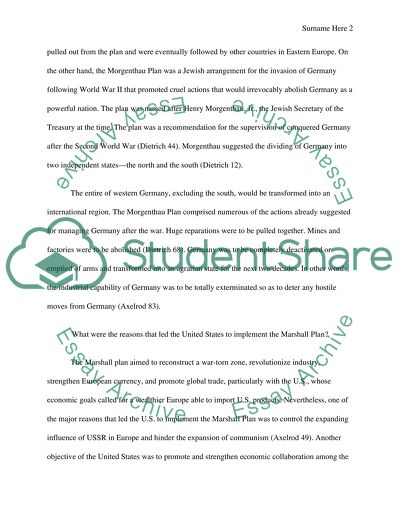Cite this document
(“German Civilization: The European Recovery Program Essay”, n.d.)
German Civilization: The European Recovery Program Essay. Retrieved from https://studentshare.org/history/1661806-german-civilizationadenauer-and-post-war-germany
German Civilization: The European Recovery Program Essay. Retrieved from https://studentshare.org/history/1661806-german-civilizationadenauer-and-post-war-germany
(German Civilization: The European Recovery Program Essay)
German Civilization: The European Recovery Program Essay. https://studentshare.org/history/1661806-german-civilizationadenauer-and-post-war-germany.
German Civilization: The European Recovery Program Essay. https://studentshare.org/history/1661806-german-civilizationadenauer-and-post-war-germany.
“German Civilization: The European Recovery Program Essay”, n.d. https://studentshare.org/history/1661806-german-civilizationadenauer-and-post-war-germany.


